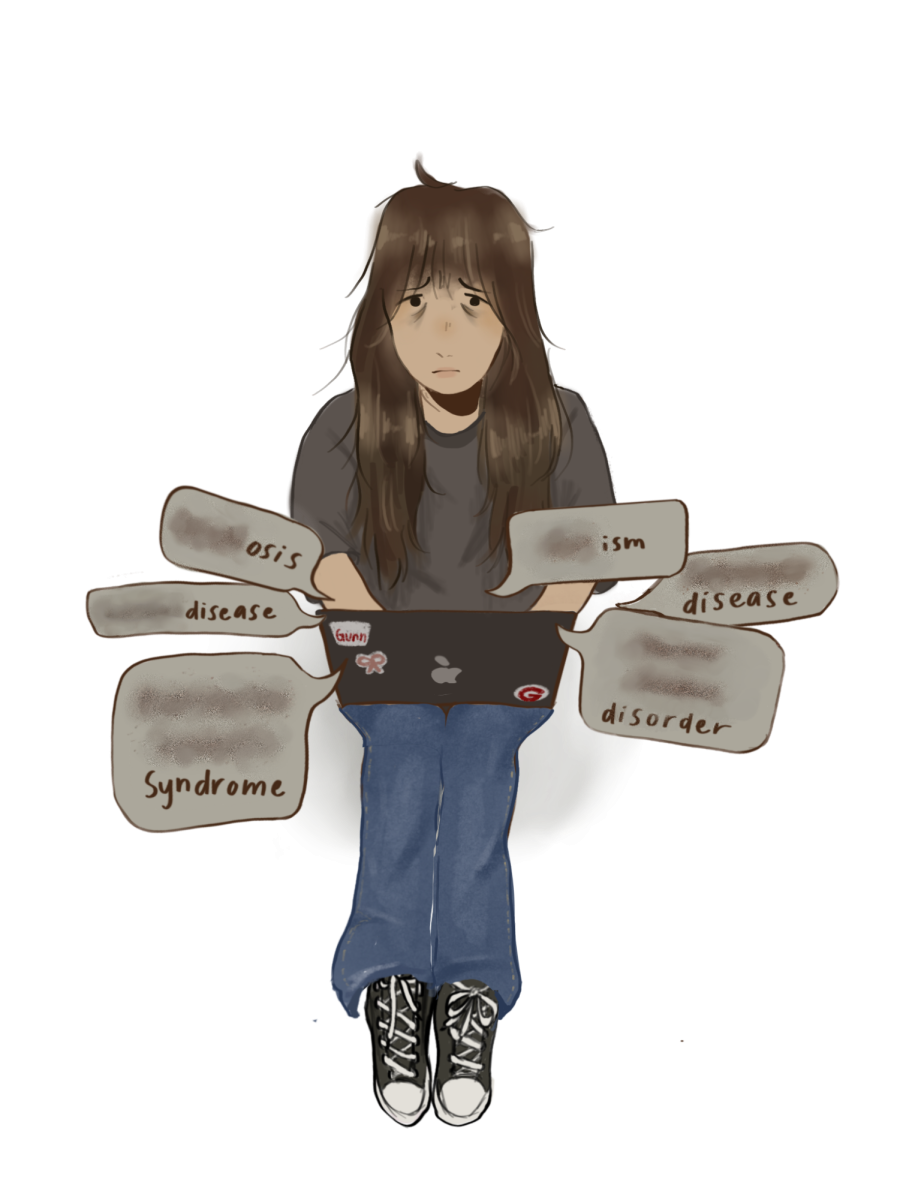Written by Esther Kozakevich
Recently, a movement called Boycott, Divestment and Sanction (BDS) has been circulating on college campuses such as UC Davis and Stanford. BDS is a movement whose mission is to “increase economic and political pressure on Israel to comply with the stated goals of the movement: the end of Israeli occupation and colonization of Palestinian land,” according to their official website. BDS’s main agenda is to boycott Israeli goods and products that are said to be profiting from violating Palestinian rights. This movement feeds off of uninformed and uneducated assumptions about Israeli-Palestinian relations and wrongfully compares the state of affairs in the nation to apartheid South Africa.
Divestment is by no means a new idea; in the late 80s and early 90s, divestment, which is ceasing investments, was used against the apartheid state of South Africa, and the economic sanctions imposed on the nation ultimately led to the dismantlement of the racist regime. BDS claims to want the same thing; by urging people to divest from Israeli companies such as Ahava Cosmetics and Caterpillar, the BDS movement hopes to use this economic advantage to force Israel to change its supposed unfair treatment of Palestinians. Although divestment was effective in helping end apartheid in South Africa, the idea that it could work for a nation such as Israel is flawed. South Africa in the 90s was a racially segregated country that treated the black citizens of its country as less than human. Black citizens were not allowed to vote, go to the same schools as white people or have the same jobs as white citizens. Comparing the oppression that black South Africans faced to the supposed oppression that Palestinians face today in Israel delegitimizes the suffering of those who lived and fought for the abolishment of a true apartheid state. Today in Israel, the Arab or Palestinian population represents 20 percent of citizens and 12 percent of representation in government. Palestinians are allowed to work wherever they want, since it is illegal in Israel to discriminate against employees based on race. Palestinians are allowed to attend schools and universities alongside with Jews, and most importantly, unlike the black population of South Africa, they are allowed to practically self govern. The Palestinian territories elect their own officials and operate under the laws of their own political leaders, Hamas. The plight of blacks in apartheid South Africa cannot be compared to the treatment of Palestinians in Israel, thus the same approach cannot be used for the two nations. Comparing the two is simply ridiculous, and using the same tactics on a democracy such as Israel that were used on a racist nation is unwise.
Additionally, the BDS movement is rife with hypocrisy. If those who supported divestment truly cared about human rights, they would be calling for divestment on nations such as Syria, Rwanda, Russia and Iraq—countries where human rights violations are both more common and severe than in Israel. Instead, BDS supporters are using divestment as a reason to target Israel.
In conclusion, those interested in supporting Palestinian rights should not do so by supporting the Boycott, Divestment and Sanction movement. Palestinian human rights are being violated, not by Israel, but by the oppressive and terrorist political party known as Hamas who is currently in control of the Palestinian Liberation Organization. Only by thwarting Hamas and liberating the Palestinians from this regime can we start to look for a permanent solution to the Israeli-Palestinian problem. Regressing to anti-Semitic and uninformed actions will only do more harm to the Palestinians in the region who are suffering.











